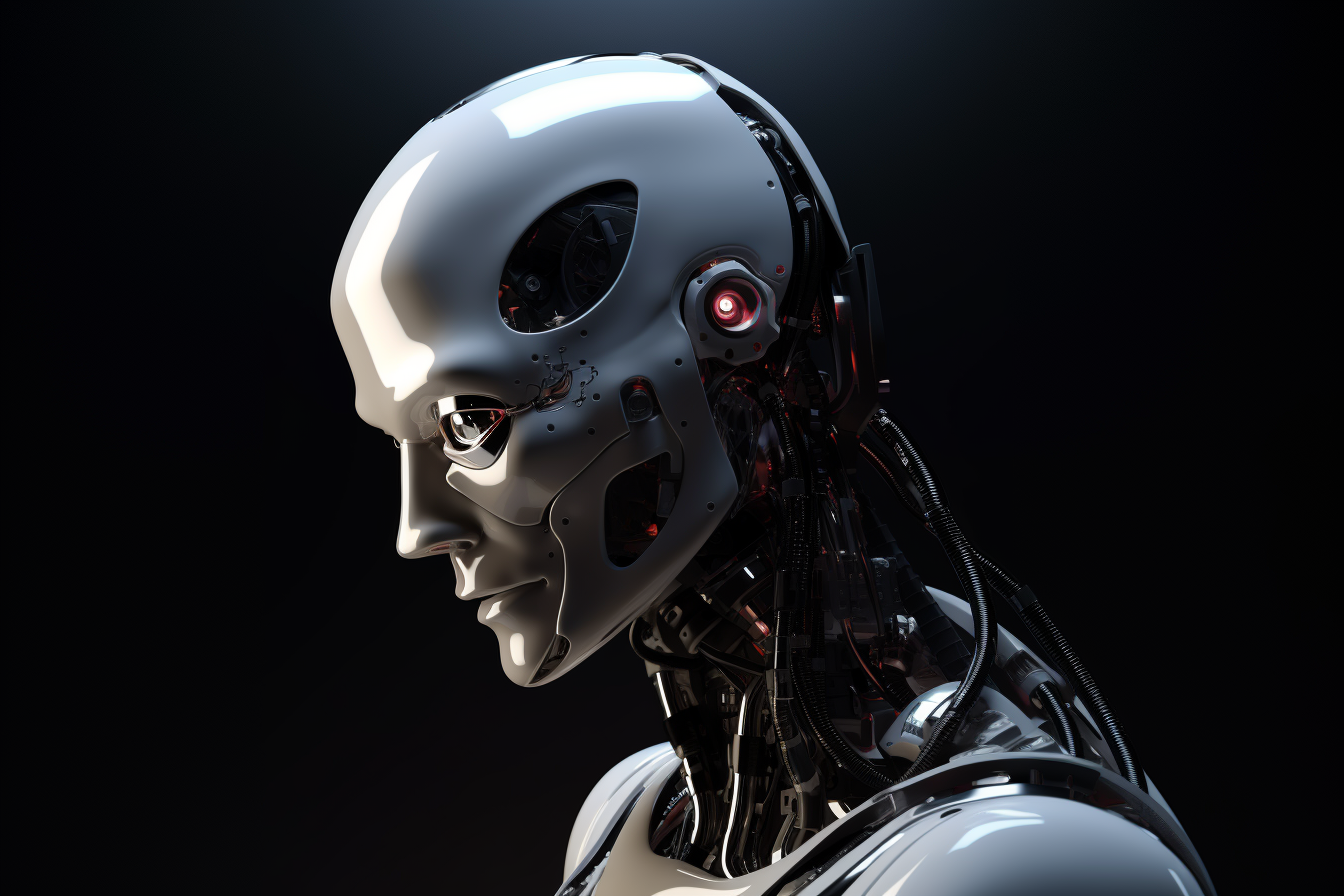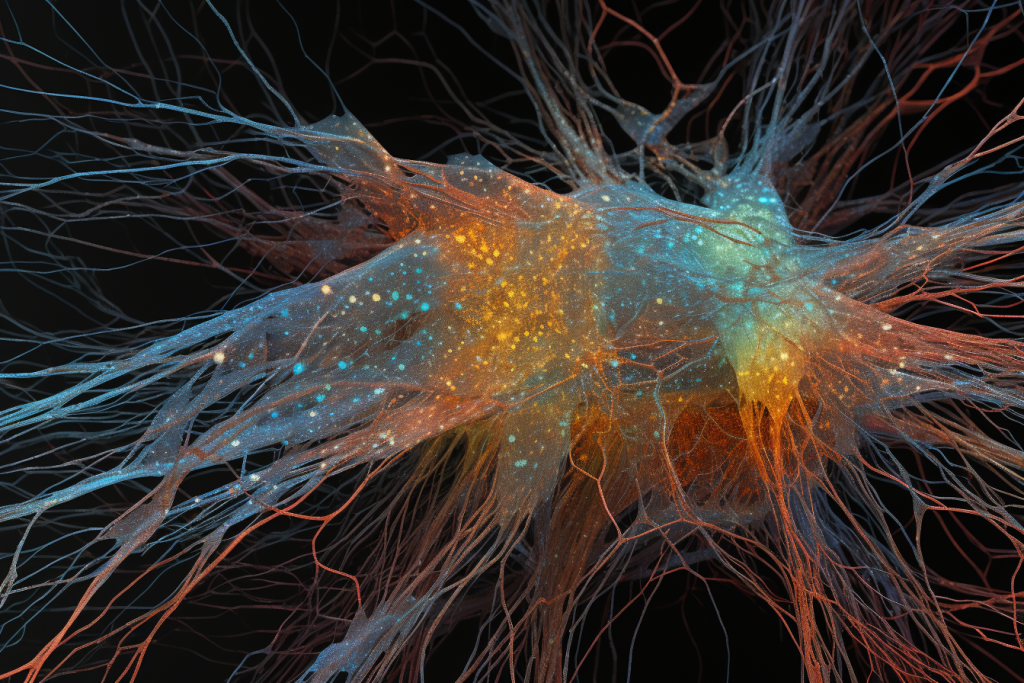AI Research: Unlocking a Future Where Technology Understands Us Like Never Before
Introduction
Imagine a world where technology understands us as well as we understand each other. A world where artificial intelligence (AI) systems can hold conversations, diagnose illnesses, and even drive our cars with precision. As you read this, that world is already emerging before our eyes. The realm of AI research is vast and ever-evolving, with researchers, tech giants, and startups pushing the boundaries of what machines can do.
In this article, we embark on a journey to explore the fascinating world of AI research and its far-reaching implications for both the AI experts and everyday people who are curious about the latest advances in this exciting field. Grab a cup of coffee, sit back, and let’s dive into the world of AI together!
The AI Landscape
A World of Opportunities and Challenges
The realm of AI research is vast and ever-evolving, with various AI techniques and architectures contributing to a deeper understanding of how we can teach machines to learn, adapt, and grow smarter. At the heart of these advances are:
- GPT-4: A state-of-the-art model that has revolutionized natural language processing.
- Deep Learning: Enables machines to automatically learn from data and improve their performance without being explicitly programmed for each task.
- Reinforcement Learning: Allows AI systems to make decisions based on trial and error, leading to more efficient and effective problem-solving.
These advancements are transforming the way we live, work, and play. From natural language processing (NLP) and computer vision to autonomous robotics and game playing, AI technologies are changing the world around us.
Recent Breakthroughs in AI Research
A Leap Forward in Machine Intelligence
The last few years have seen some truly groundbreaking advancements in AI research. Just a few years ago, I was amazed when I saw an AI-generated piece of artwork that seemed indistinguishable from something created by a human artist. And that’s just the tip of the iceberg!
- NLP Advancements: Made it possible for AI systems to generate human-like text, revolutionizing the way we communicate with machines.
- Computer Vision: Enables machines to recognize and interpret images and videos with remarkable accuracy, opening up new avenues in fields like healthcare and security.
- AI Conquers Games: Systems like AlphaGo defeated world champions in complex games like Go and chess, showcasing AI’s potential in strategy and decision-making.
These breakthroughs don’t just make for a great conversation starter at dinner parties; they have profound implications for various industries and aspects of our daily lives. For example:
- AI-Powered Virtual Assistants: Provide us with personalized recommendations and help us manage our schedules.
- Self-Driving Cars: Becoming a reality on our streets, promising safer and more efficient transportation.
Real-world Applications of AI
From Labs to Real Life: The Impact of AI
The magic of AI isn’t confined to labs and research papers; it’s making a tangible difference in the world around us. In various sectors, AI algorithms are:
- Assisting Doctors: In diagnosing diseases, predicting patient outcomes, and developing personalized treatment plans.
- Revolutionizing Finance: With AI-powered systems that revolutionize risk assessment, fraud detection, and trading strategies.
- Transforming Transportation: Witnessing the rise of autonomous vehicles and AI-driven traffic management systems.
- Enhancing Education: Through adaptive learning platforms that tailor curriculums to individual students’ needs and abilities.
As these applications become more widespread, both AI researchers and the general public will benefit from understanding the underlying technology and its potential impact on society.
Ethical Considerations and AI’s Impact on Society
Addressing Concerns for a Better Future
As AI continues to weave its way into the fabric of our lives, it’s crucial that we address the ethical concerns that arise. For instance:
- Job Displacement: A topic that comes up often in discussions about AI.
- Data Privacy: Ensuring that personal data is collected and used responsibly is a pressing issue for both AI researchers and the general public.
- Algorithmic Bias: Recognizing that AI systems are only as fair as the data and algorithms used to train them, highlighting the need for proactive efforts to minimize biases in AI.
By proactively addressing these concerns, we can foster a greater understanding of AI’s capabilities and challenges, ensuring that the technology serves as a force for good in our world.
Conclusion
Shaping the Future of AI: Together We Can Make It Better
The future of AI is complex, exciting, and full of potential. From breakthroughs in AI research to real-world applications and ethical considerations, understanding AI’s impact on both the research community and the broader public is essential.
By keeping the lines of communication open between AI experts and the general public, we can foster a greater understanding of AI’s capabilities and challenges, ensuring that the technology serves as a force for good in our world. So, whether you’re an AI researcher, an enthusiast, or simply someone who’s curious about AI’s role in our lives, remember that the future of AI is in our hands, and together, we can shape it for the better.



